Whitehouse Station, NJ Drug & Alcohol Treatment Centers
Looking for help with addiction in Whitehouse Station, NJ?
Insurance
Treatment Programs
Looking for help with addiction in Whitehouse Station, NJ?
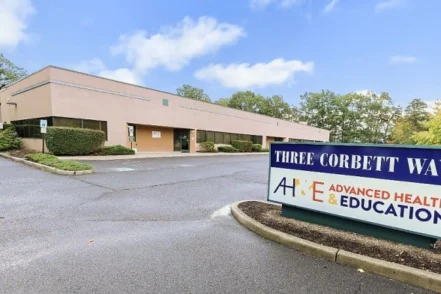
3 Corbett Way Eatontown, New Jersey 07724

74-80 Pacific Avenue Jersey City, New Jersey 07304
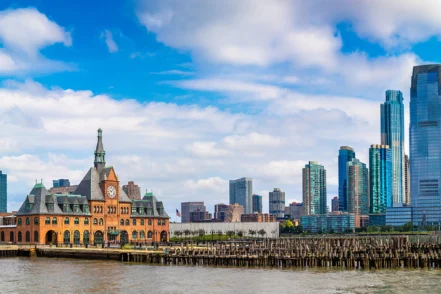
526 S Burnt Mill Road Voorhees, New Jersey 08043

104 Bayard Street New Brunswick, New Jersey 08901
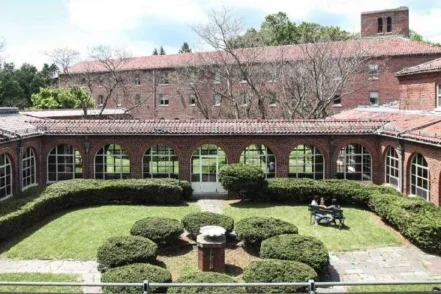
37 Sunset Inn Road Lafayette, New Jersey 07848
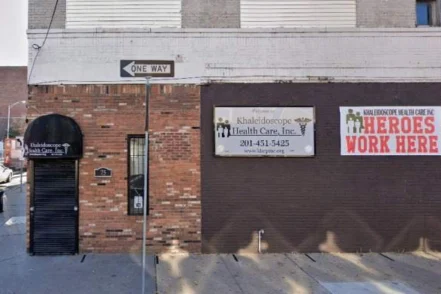
75 Harrison Avenue Jersey City, New Jersey 07304
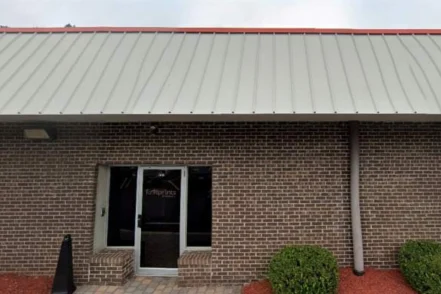
3535 Quakerbridge Road, Suite 300 Hamilton Township, New Jersey 08619
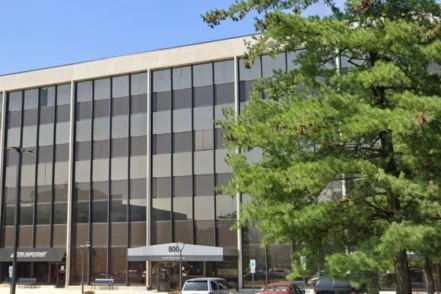
800 Kings Hwy N, Suite 100 Cherry Hill, New Jersey 08034

3000 NJ-10 Morris Plains, NJ 07950
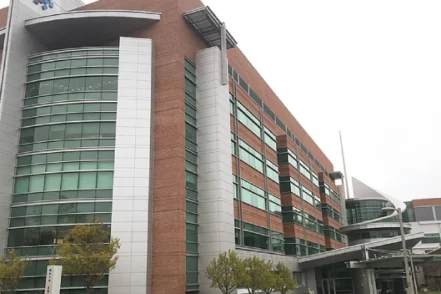
1945 State Route 33 Neptune, New Jersey 07753
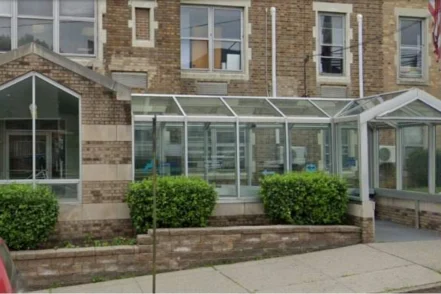
206 Bergen Avenue, Suite 102 Kearny, New Jersey 07032
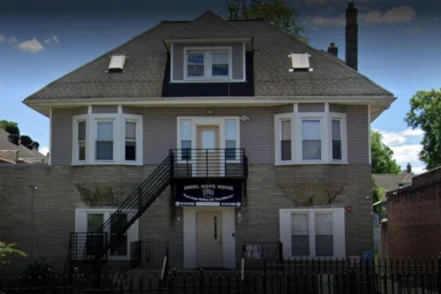
800 Clinton Avenue Newark, New Jersey 07102
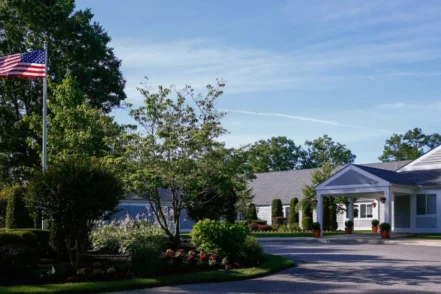
5034 Atlantic Avenue Mays Landing, New Jersey 08330